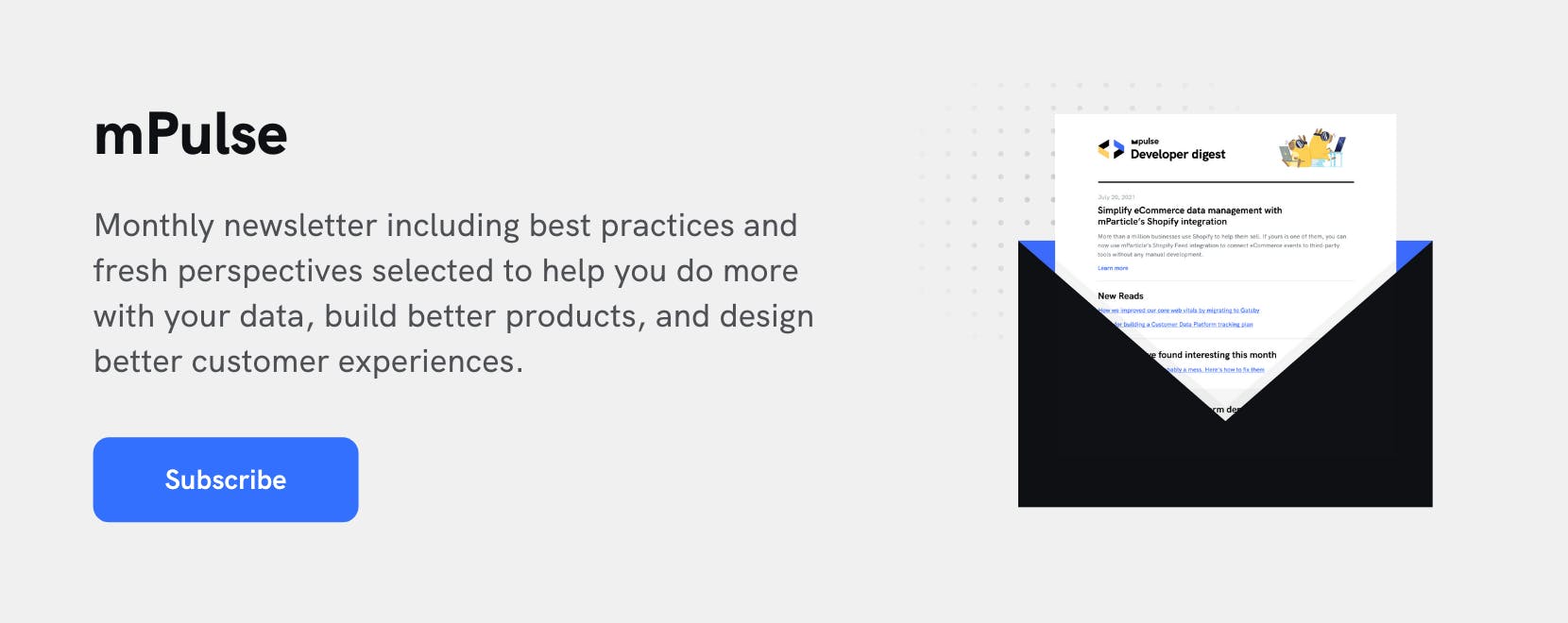How SeatGeek tests new channels for growth
Learn how the Growth Team at Seatgeek uses Tune and mParticle to improve user experience and maintain performance by scaling growth and testing.

Founded in 2009, SeatGeek is a mobile-focused ticket platform for live sports, concert, and theater events. Users on mobile app and web can search events, buy and sell tickets, view seat maps, identify the best ticket values for specific events, and more.
The challenges
SeatGeek worked with several different marketing partners both to scale mobile user acquisition and test new marketing channels — to achieve a marketing goal of efficiently acquiring app install users. Lacking a way to measure and consolidate marketing campaigns, Senior Marketing Analyst Nick Gardiner and his team relied on multiple partners for attribution data, often resulting in over-attribution. In addition, they were unable to easily combine that attribution data with internal data, making it difficult to optimize or even understand how their mobile marketing dollars were being spent. SeatGeek also struggled with long onboarding times for new marketing partners. SDK implementation required significant developer resources upfront, and after integration SeatGeek had to manually send in-app performance data to each marketing partner. As the SeatGeek app grew and Gardiner ramped up testing and spend, manually sending sales and event data across multiple Excel files at a regular cadence became a time-consuming process that cost his team over 15 hours per week.
The solutions
SeatGeek solved two problems with one solution when they discovered mParticle + TUNE. As a customer data platform, mParticle collects and organizes data from disparate sources and streams it across the marketing ecosystem in real time. TUNE’s Attribution Analytics, part of the TUNE Marketing Console, measures and analyzes that data for seamless campaign attribution, optimization, and reporting across marketing partners. With the ability to collect and measure campaign data from multiple partners, Gardiner was able to eliminate over-attribution.
The insights provided by Attribution Analytics, especially view-through and assisted attribution, have allowed Gardiner to better understand how customers use the SeatGeek app as well as the effectiveness of overall user acquisition efforts. TUNE’s API and postback support also made it easy to combine attribution data with SeatGeek’s business and transactional data, a capability Gardiner relies on for important internal reporting and analysis.
Getting Attribution Analytics up and running required no additional code or SDK because it was switched on from the mParticle platform. (TUNE’s App Store Analytics can also be used through mParticle without the TUNE SDK.) This real-time data connection enabled Gardiner to speed up data onboarding with minimal developer resources, start measuring campaigns almost instantly, and seamlessly send in-app performance data to new marketing partners.
The results

With a unified solution in place for seamless marketing campaign measurement, optimization, and data sharing, SeatGeek was able to scale growth while continually testing new partners and channels. As proof, Gardiner saw marketing campaign spend efficiency improve by 12%. His team also reclaimed 15 hours per week through seamless event data sharing. Most impressively, onboarding time for new marketing partners was reduced by three business days. As Gardiner’s team grows and invests more resources into testing new partners and channels, they see TUNE and mParticle as crucial to SeatGeek’s continued success.



